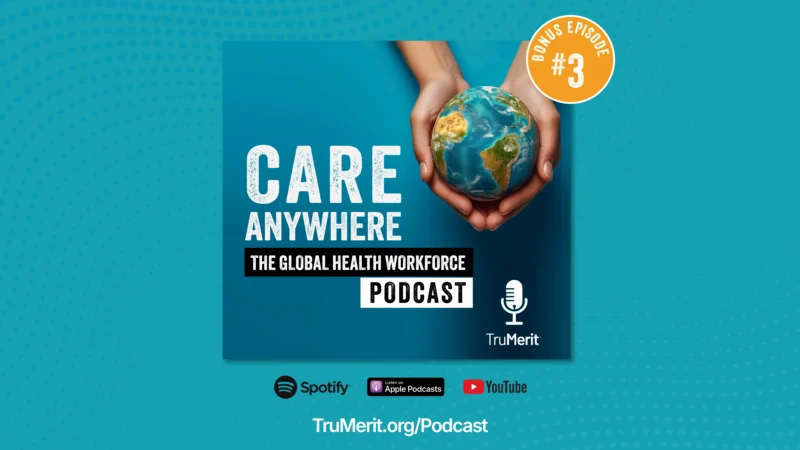When providers think of purchased services, their minds typically go to facility support, IT, and ancillary services. However, this scope is too limited and doesn’t encompass the full breadth of what falls under the definition of purchased services. The fact is, there are over 250 clinical services that are categorized as a purchased service including pharmacy compounding services, dialysis services, imaging services, and neurology services.
Another way to describe this is to say that all “clinical services” could potentially be a purchased service, but are not necessarily the the most commonly known purchased services categories such as lawn care, medical waste disposal, or courier services that hospital administrators typically outsource. Because clinical services can be performed by skilled clinicians within the hospital, it can be challenging for healthcare organization leaders to determine whether or not outsourcing these types of services will affect quality of care and ultimately the total costs to serve patients.
Let’s take a closer look at the items found under the “clinical services” umbrella and identify both the questions to ask and typical tasks to perform to determine whether or not they should be outsourced. As with all decisions involving purchased services, but perhaps even more so with services that fall under the clinical category, the goal of choosing to outsource, is to help your healthcare organization save money while continuing to provide the high standard of care your patients expect.
- Start by comparing costs: Clinical services, like other purchased services categories, must be either outsourced or performed by facility personnel. Many providers should begin by comparing department profit and loss versus an outsourced firm’s cost model to determine what makes the most sense for each given department. There will likely not be a one-size-fits-all
- Perform clinical oversight: Though other purchased services areas may need little oversight, clinical services that are outsourced will need regular and rigorous clinical oversight to ensure they run smoothly and consistently attain the desired results. Department leaders in clinical areas must perform regular analysis of an outsourced firm’s results to determine whether their costs and patient outcomes have changed. Incorporating these data points into regularly scheduled Value Analysis Team (VAT) meetings will ensure consistent quality and outcomes.
- Find out if your outsourced firm has best-in-class results:Providers that outsource clinical areas are attempting to obtain the scale and best practices of the outsourced firm. Therefore, it is imperative that clinical leaders and supply chain leaders leverage the data and scale of their outsourced firm to achieve best-in-class results and continuous improvement. Don’t settle for “good enough.”
- Schedule regular reviews: Setting an outsourced service on autopilot won’t yield stellar results. Partnering with the outsourced service provider to review optimization opportunities and key performance data will help with continuous improvement and determine that the value of outsourcing isn’t falling away over time.
Every year, hospitals in America waste more than $50 billion on healthcare purchased services—including clinical services. Uncover millions in savings easier and faster with Valify. Valify is the only 100% dedicated web-based solution that allows healthcare organizations to quickly identify, benchmark and track savings in hospital purchased services.
Read more at getvalify.com









